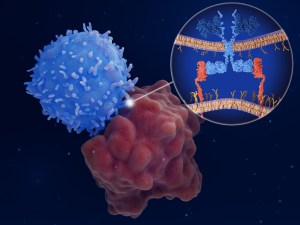Statistical work helps calm worries about anti-AIDS drugs and pregnancy
Drug cocktails for HIV-1 infection do not appear to increase risk of premature delivery, low birth weight
For years, physicians have prescribed antiretroviral therapies for HIV-positive, pregnant women to reduce the risk of babies being born with the AIDS virus. About 6,000 HIV-infected women give birth each year in the United States, according to the Centers for Disease Control. Concerns about the effects of anti-AIDS drugs and premature births were raised by the contemporaneous release of results from a study in Switzerland and the observation of an unexpectedly large number of premature births in three ongoing Phase I clinical trials of combination antiretroviral therapy in the United States. A group of investigators funded by the National Institutes of Health and the Centers for Disease Control and Prevention began to research the association, producing a meta-analysis that combined data from seven large clinical studies involving HIV-infected pregnant women. The study, published in the June 13, 2002, issue of the New England Journal of Medicine, may quell many concerns. David Shapiro, senior research scientist at the Center for Biostatistics in AIDS Research at the Harvard School of Public Heath, was the study’s lead statistician. The researchers reported that antiretroviral drug cocktails for HIV-1 infection do not appear to increase the risk of premature delivery.





